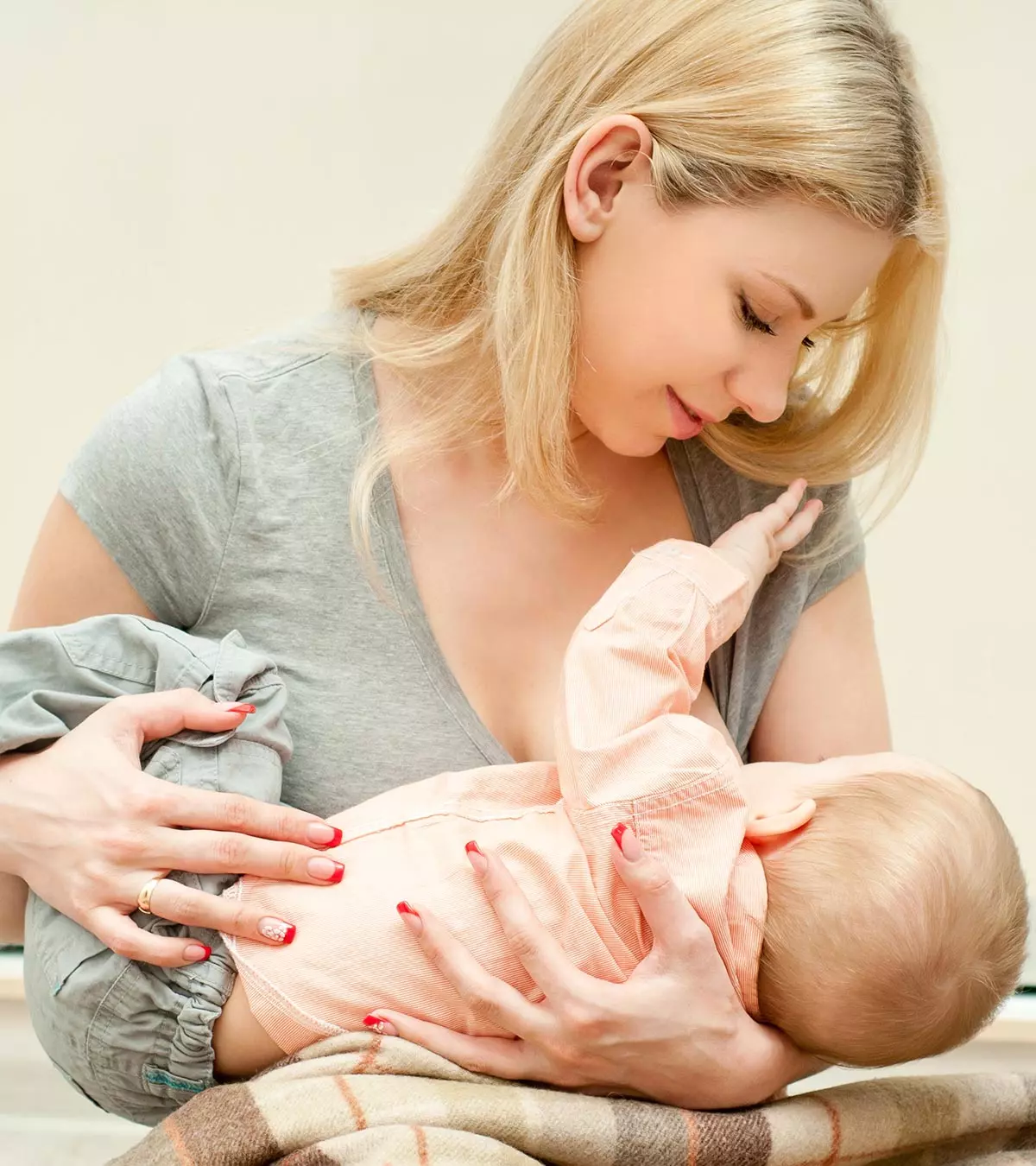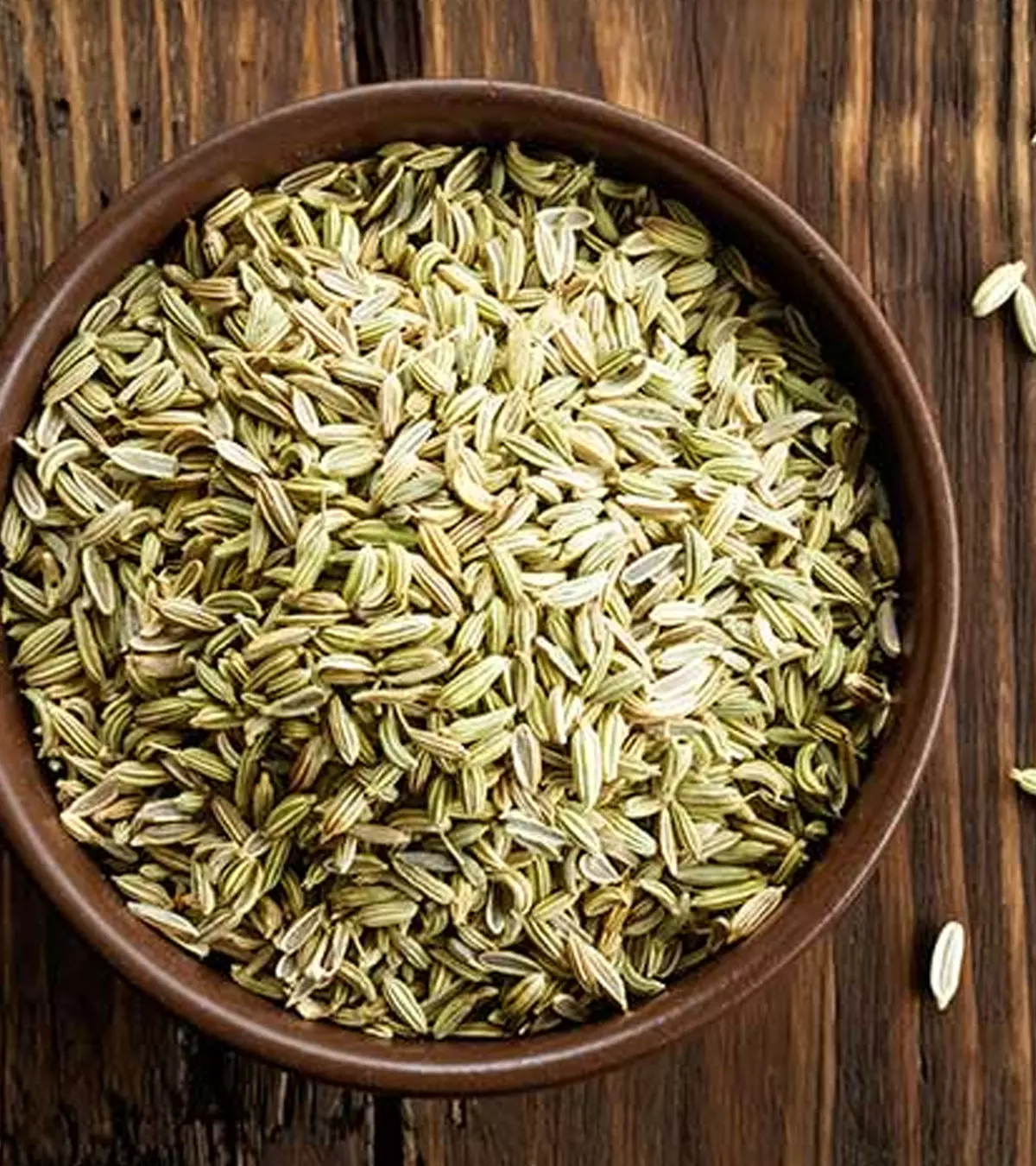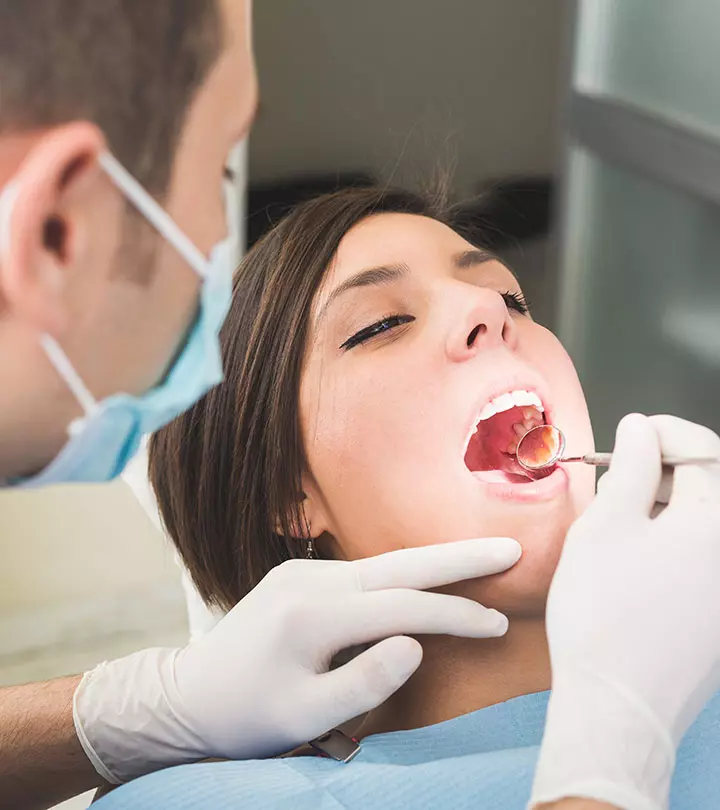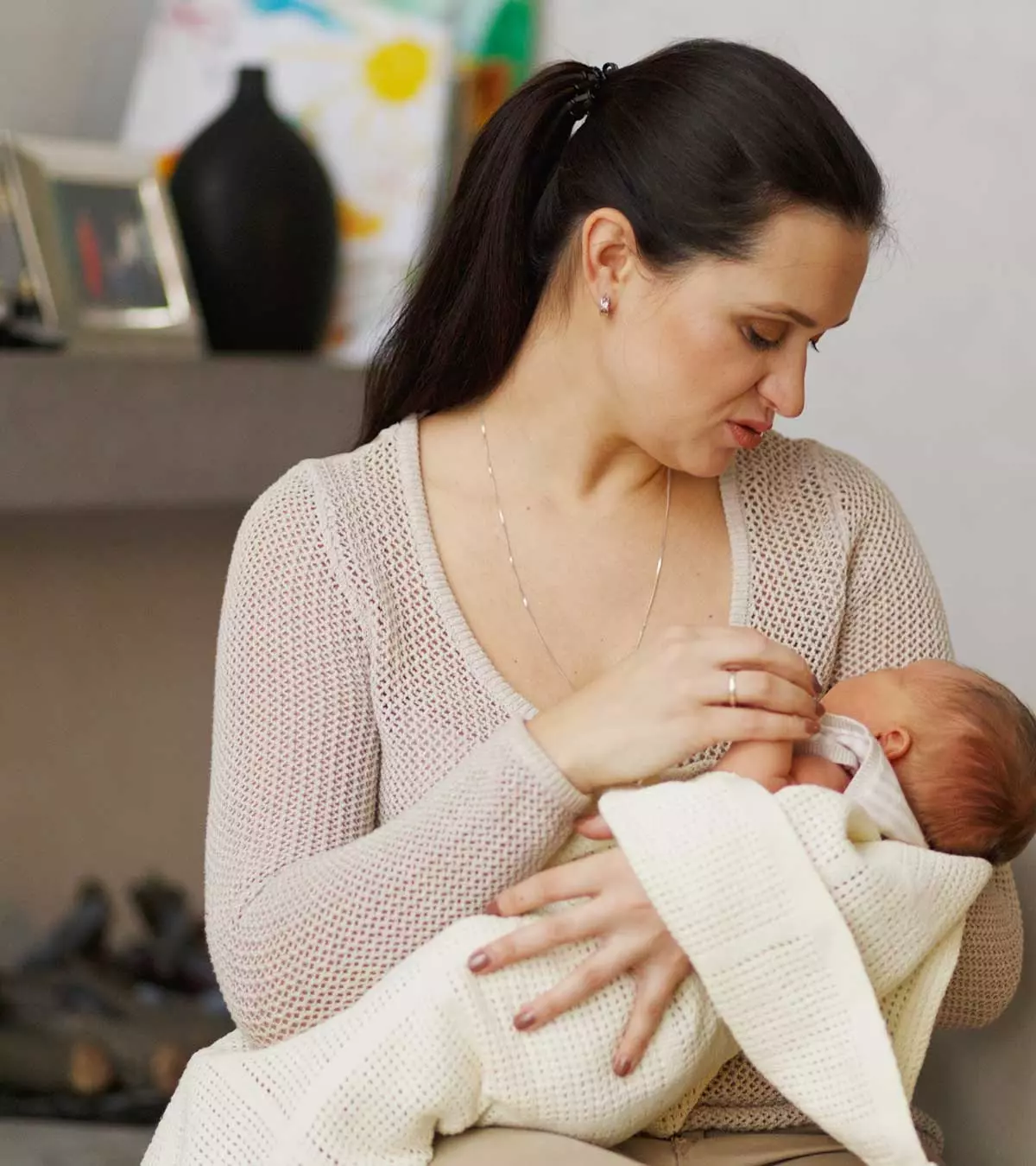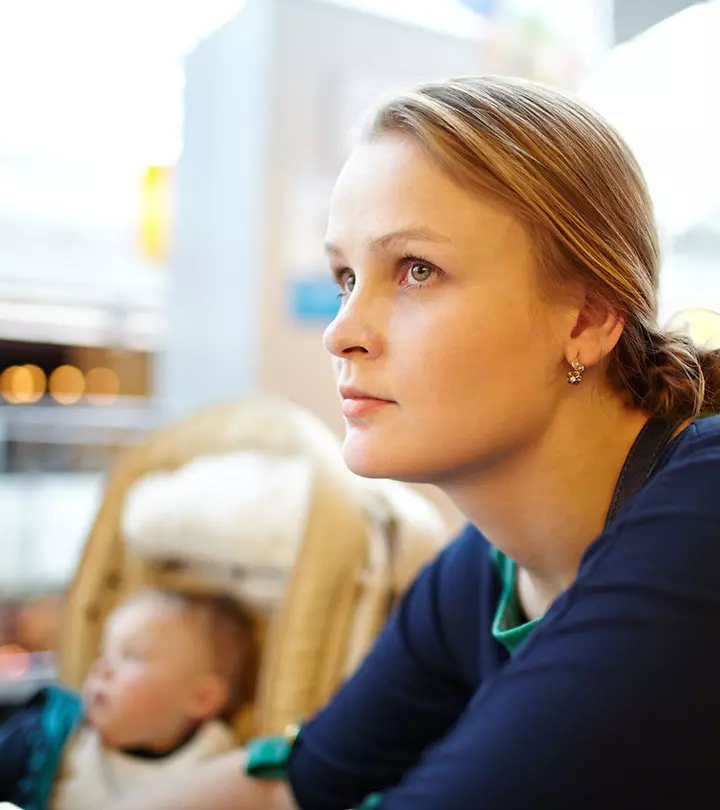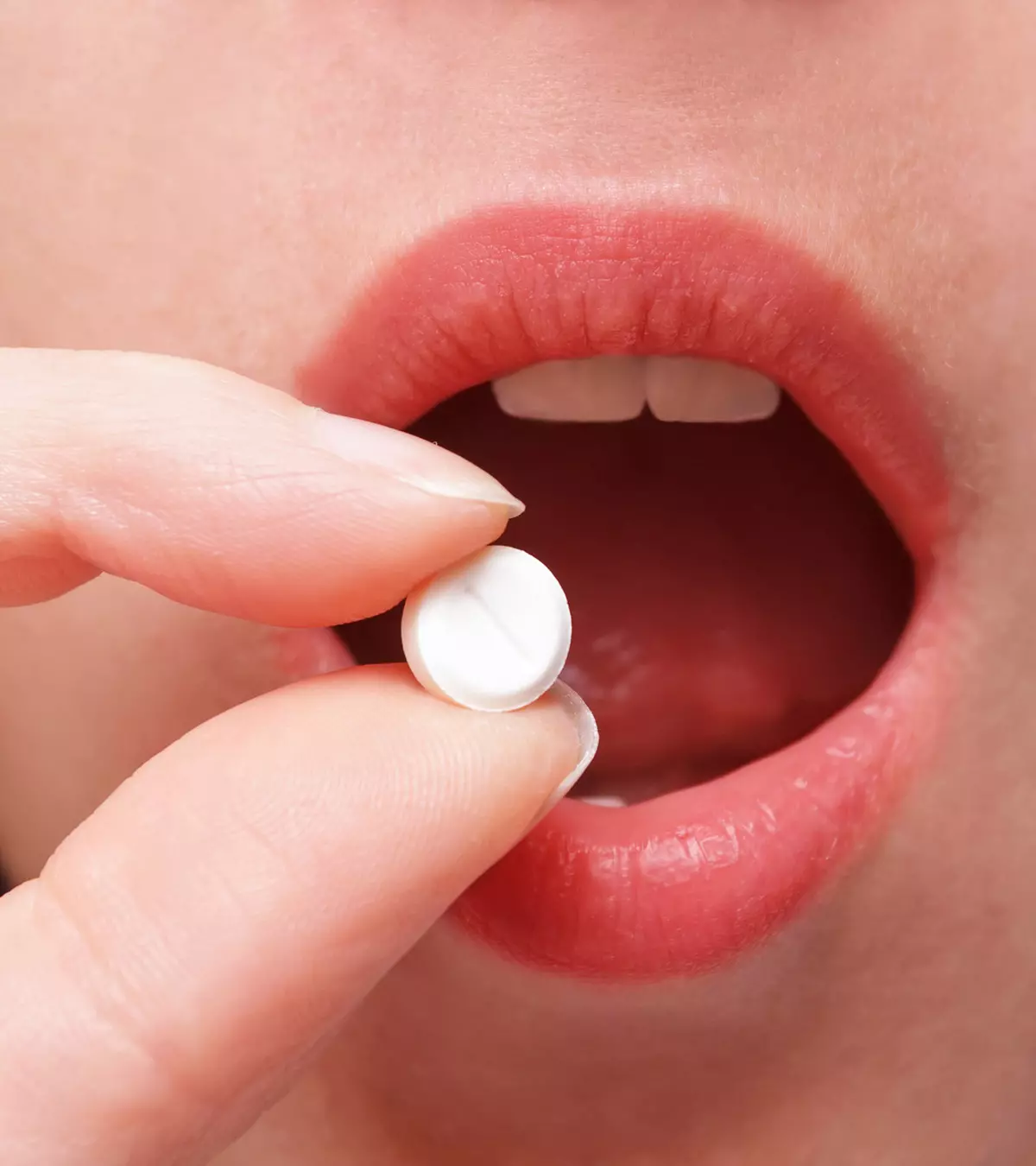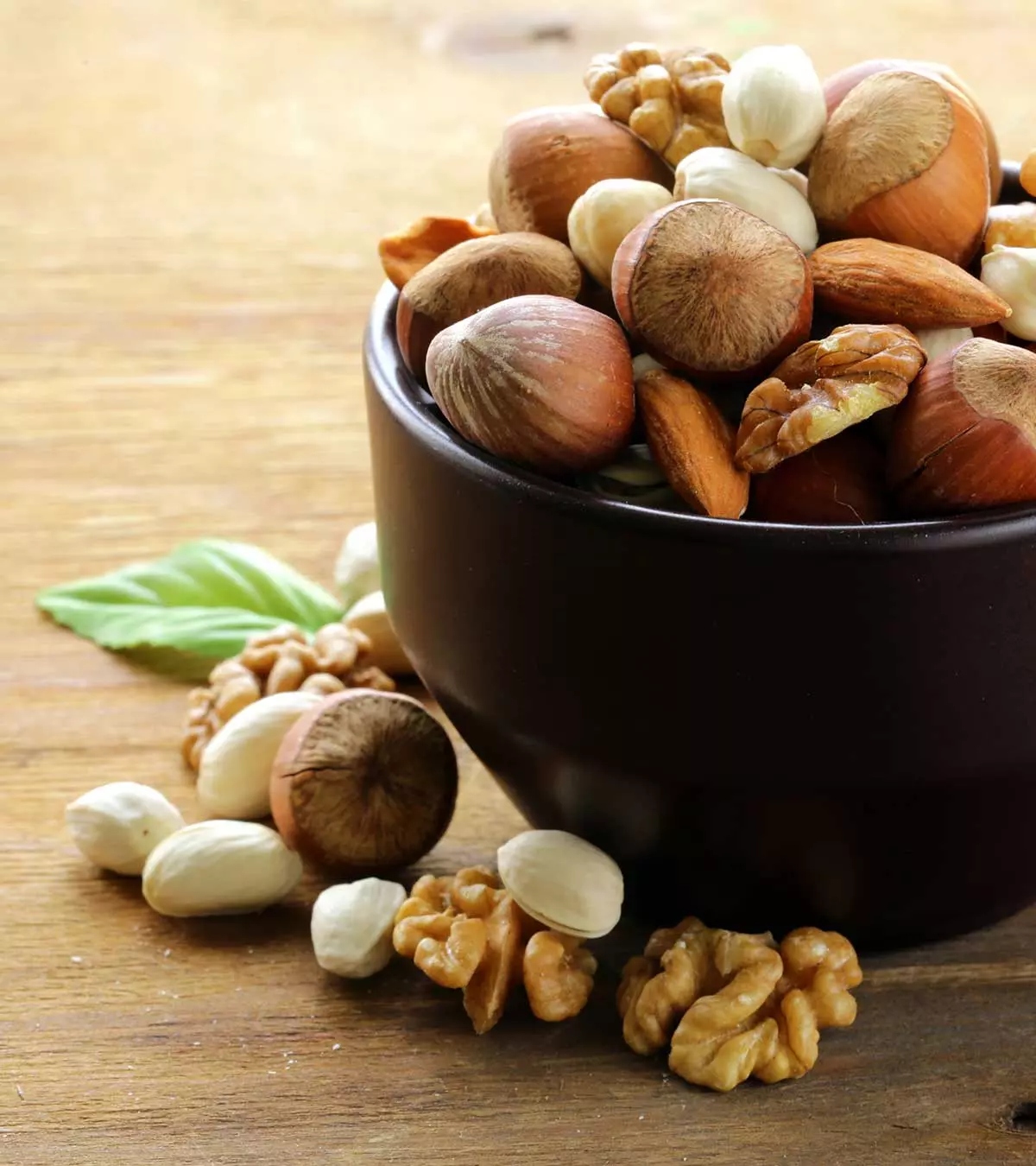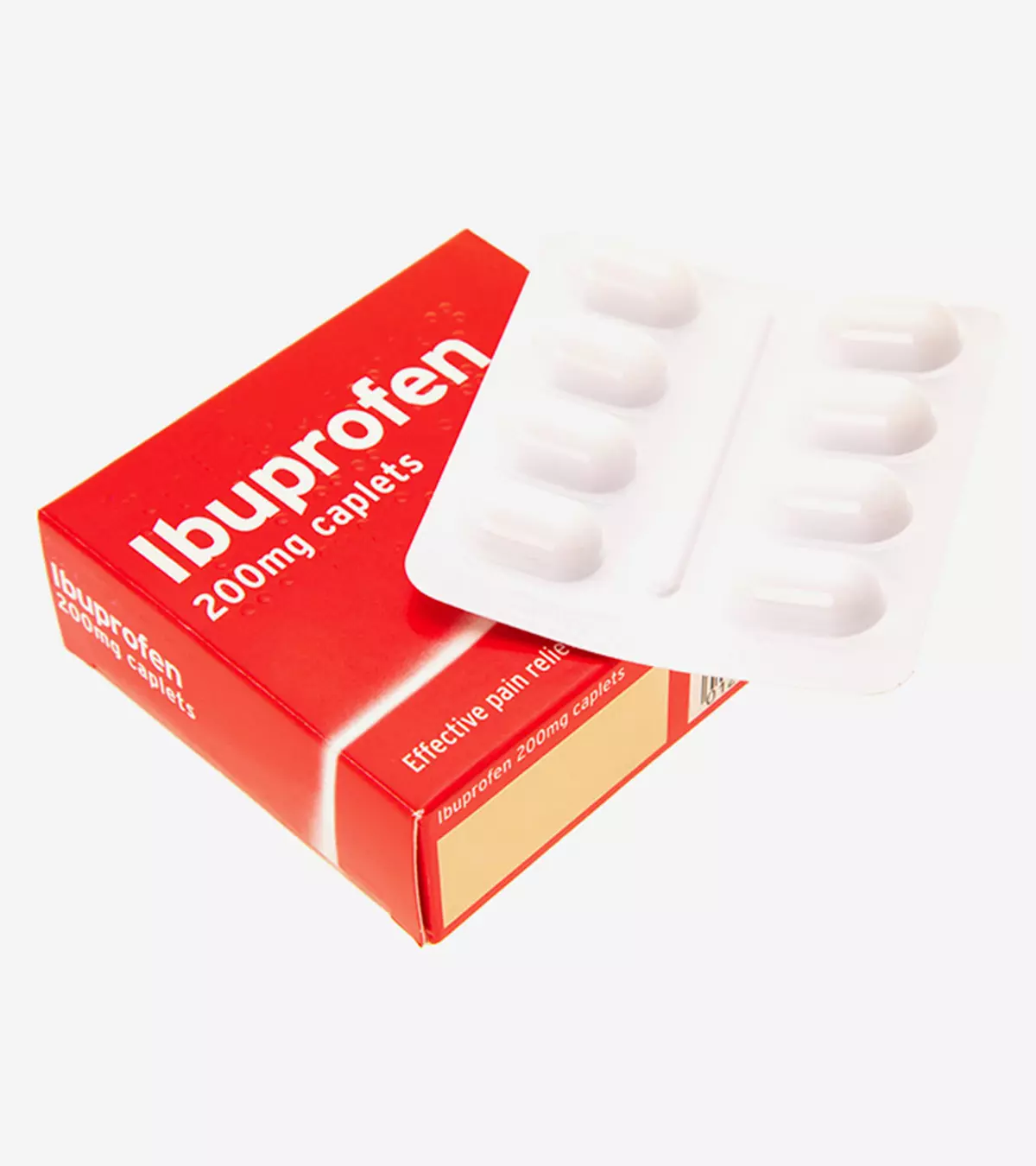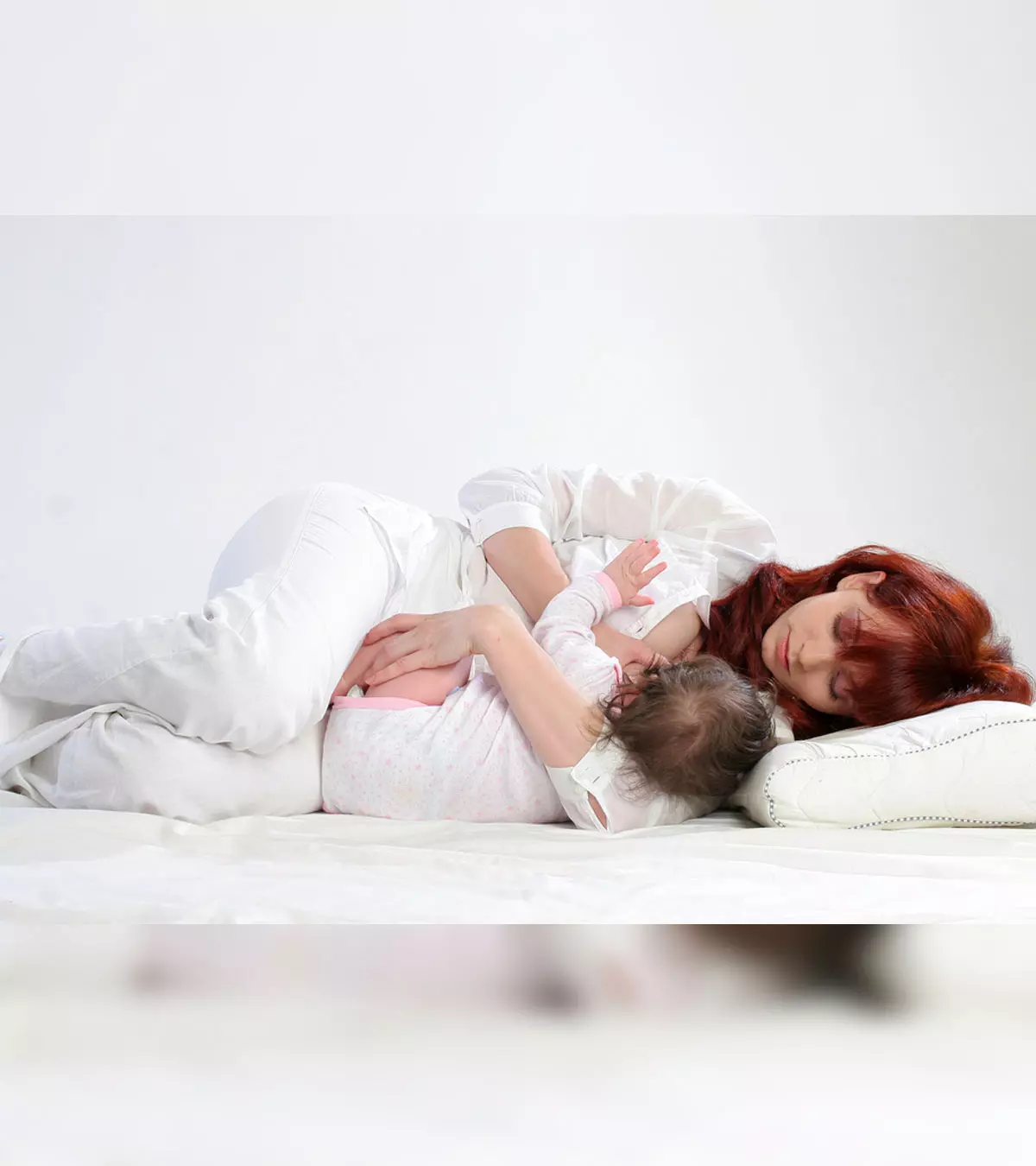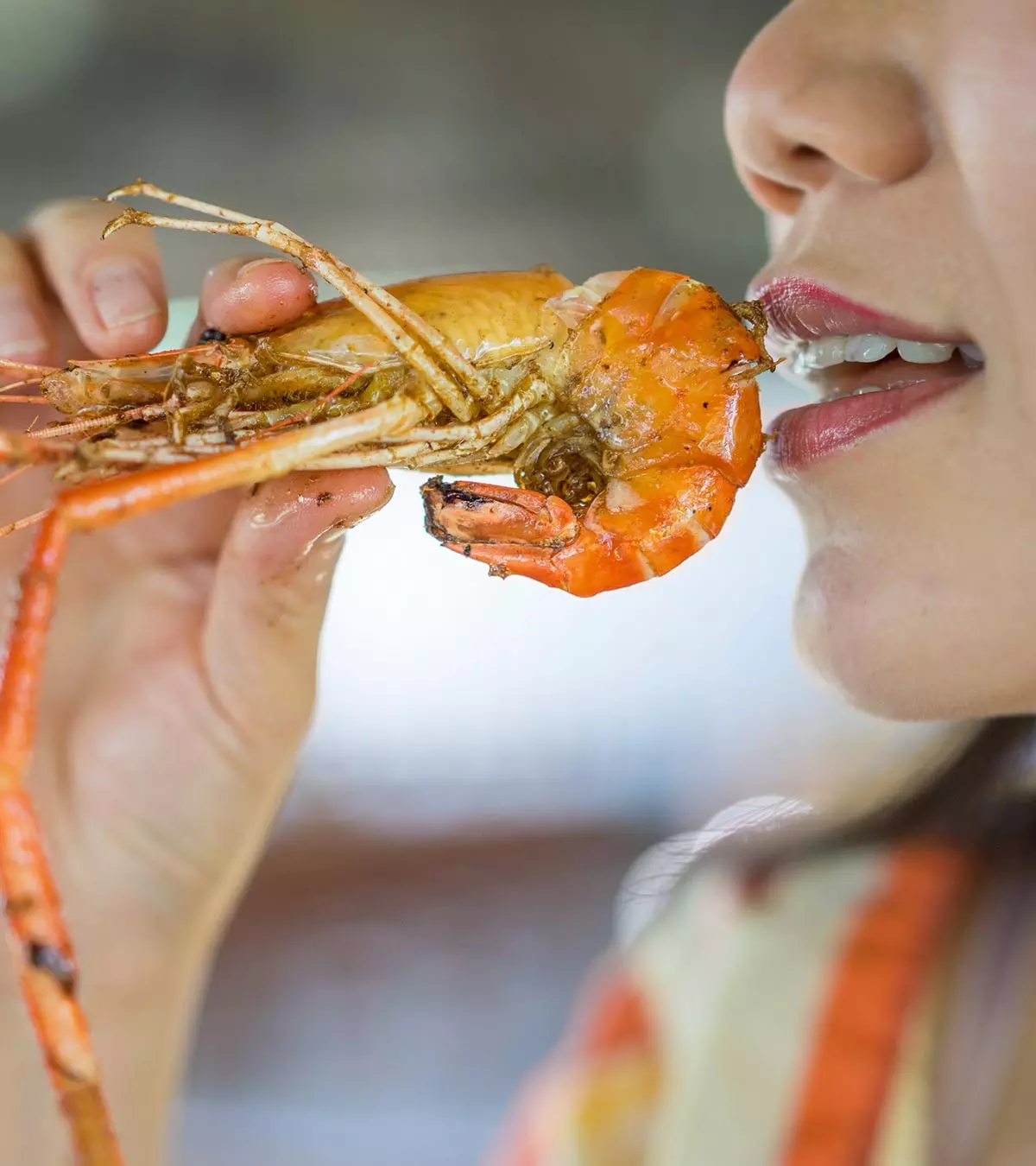
Image: ShutterStock
You may be a seafood lover but must be avoiding it during pregnancy as you are unsure about its safety. While the benefits and risks of consuming seafood in pregnancy are much discussed, you could be thinking if it is safe to eat shellfish while breastfeeding? Shellfish include oysters, mussels, scallops, crabs, prawns, and lobsters, to name a few. If you relish them and want to know their impact on the baby, keep reading our post to know the safety, risks, and health benefits of eating shellfish during pregnancy.
Key Pointers
- If shellfish are consumed in moderation and you have no allergic reactions, it is generally safe to eat while breastfeeding.
- If you have a family history of shellfish allergy, you should consult your doctor before consuming it.
- Consuming shellfish provides energy, boosts immunity, and improves a baby’s visual and cognitive development.
- You must ensure it is well cooked, as undercooked shellfish can cause several severe illnesses.
- Symptoms of shellfish allergy include rashes, itchy skin, breathing difficulties, and diarrhea.
Can You Eat Shellfish While Breastfeeding?
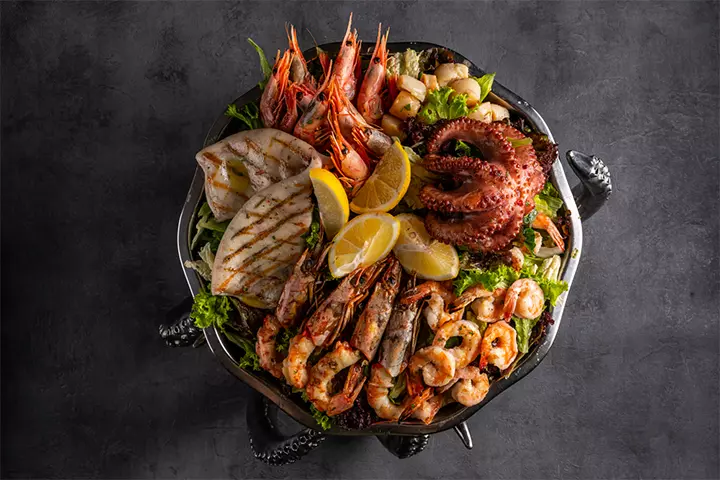
In most of the cases, a moderate amount of shellfish causes no potential harm to you and your breastfed baby. The US Food and Drug Administration (US FDA) recommends nursing moms to consume two to three servings of fish or shellfish in a week, with each serving size of four ounces (1).
However, you can be allergic to seafood and suffer from health discomforts, including skin rashes or eczema. But, if you have no family history of seafood allergies, you can continue nursing and eating shellfish in your diet.
Experts recommend breastfeeding mothers consume shellfish as a protein source to meet their increased caloric demands (2). According to the American Pregnancy Association (APA), nursing women need an additional 200 to 500 calories a day to help them provide energy and nutrition to produce milk (3).
The main thing to remember is to store and cook the shellfish properly (1). Also, buy shellfish from a credible seller to ensure it contains no harmful toxins, which could raise food safety risks for you and your lactating baby.
Potential Risks Of Shellfish While Breastfeeding

If you have a family history of food allergy, consult your doctor before including shellfish in your diet during breastfeeding. If you are allergic to seafood and especially shellfish, you and/or your nursing baby may develop allergic reactions, which could include symptoms like (4):
- Skin rashes
- Troubled breathing or throat tightness
- Skin itchiness
- Swollen lips
- Diarrhea and vomiting
The severity of allergic reactions may vary for different individuals. Even small amounts of shellfish can trigger severe reactions in some cases. Therefore, consult your pediatrician immediately and stop consuming shellfish in such circumstances.
Note: While a mother’s shellfish allergy can increase the risk of the baby developing allergies, it doesn’t guarantee the baby will have a shellfish allergy (5).
Health Benefits Of Eating Shellfish While Breastfeeding

Seafood has high nutritional value, which can help meet maternal nutrition requirements during lactation. Seafood contains healthy fats, which can benefit you and your baby. Omega-3 and omega-6 fatty acids, such as EPA and DHA found in shellfish, support the proper development of the visual and nervous systems in nursing infants. Mussels, oysters, squid, and crab are some types of shellfish that are good sources of long-chain omega-3 fatty acids (6).
It also contains fair quantities of digestible proteins, amino acids, iron, fatty acids, vitamin B12, vitamin E, and minerals like iodine, sodium, potassium, copper, and inorganic phosphate, which offers a plethora of health benefits (7).
Additionally, shellfish are a good source of iron and vitamin B6, which helps with healthy brain development. Also, it contains zinc, which boosts your immune system by fighting bacteria and infections. It is also a low-saturated fat food that can help you maintain a healthy postpartum weight (8).
Some of the beneficial shellfish lactating mothers can include in their breastfeeding diet include (9):
- Clam
- Crab
- Crawfish
- Lobster (American & Spiny)
- Oyster
- Scallop
- Shrimp
- Squid
The US FDA categorizes these shellfish as ‘best choices’ because of their low mercury content. They can be a part of your healthy breastfeeding diet, and consuming 8-12 ounces of properly cooked shellfish a week can improve maternal and infant health.
 Quick fact
Quick factPoints To Remember When Eating Shellfish While Breastfeeding

Eating shellfish when nursing can benefit both the mother and baby. Here are some tips you should keep in mind to enjoy eating this seafood without risks (11):
- Choose low-mercury shellfish to minimize the potential risks of mercury exposure to both the mother and the baby. Mercury is a toxic substance that can pass through the breast milk and negatively affect the baby’s nervous system development.
- Store purchased or harvested shellfish in a ventilated container in the refrigerator and place a damp cloth on the container to maintain humidity.
- Discard shellfish that smells bad. The rancid or off smell indicates that the fish is no longer fresh and may be unsafe for eating.
- Cook all shellfish at elevated temperatures of at least 145°F (62.7°C) for at least 15 seconds to ensure that harmful pathogens are destroyed. Consuming improperly cooked or stored shellfish during lactation could lead to food poisoning while breastfeeding, affecting milk production. You must note that not all antibiotics may be safe during lactation. Therefore, preventing infection is vital for both the mother and baby.
- Cook lobster and shrimp until the meat inside the hard shell becomes opaque. Lobster takes about 5-6 minutes to boil and turns bright red, while shrimp takes about 3-4 minutes to cook and turn pink.
- Cook clams, mussels, and oysters until their outer shells completely open. After cracking open from shells, oysters should be boiled or steamed again for 3-9 minutes.
 Did you know?
Did you know?Frequently Asked Questions
1. What seafood can I not eat while breastfeeding?
According to the CDC, nursing mothers should minimize exposure to contaminants, such as mercury, which can affect the growing infant’s central nervous system permanently. Examples of seafood high in mercury include bigeye tuna, king mackerel, marlin, shark, swordfish, and tilefish (12). You should also avoid eating raw and uncooked seafood and certain shellfish known for allergens.
2. Can food allergies pass through my breast milk?
Only two or three of every hundred breastfed babies show an allergic reaction. The most common cause for it is the cow’s milk in the mother’s diet (13). The infant shows severe colic, abdominal pain, or a skin rash. If any side of the family has food allergies, it is wise for the mother to avoid those foods when breastfeeding (14).
3. Can shellfish pass through my breast milk?
Shellfish have a high allergenic potential. But if there’s no family history of seafood allergies, it is fine to continue eating while you are nursing. Just ensure to store and cook the shellfish properly. Improperly cooked shellfish may cause food poisoning, which can affect milk production (15).
Various types of seafood, including crabs, oysters, and shellfish, are known for their delectable taste, increased omega-3-fatty acid, and iron content. However, due to the much-discussed side effects of seafood, you may be wondering if you could consume shellfish while breastfeeding. You may include this seafood in moderation in your nursing diet, provided you follow some crucial precautionary steps and choose only fresh and well-cooked shellfish to eat. Nonetheless, if you experience any allergic reactions in your baby following its consumption, you should seek immediate medical care. Remember, your diet during breastfeeding can affect both you and your baby. Therefore, practice safe food handling and consult your doctor before making any dietary changes.
Infographic: Common Symptoms Of Shellfish Allergy In Breastfed Infants
Some worries can surround breastfeeding. Some specific foods may make a baby fussy or result in an allergic reaction, including shellfish. Look at the infographic to learn about the symptoms of allergic reactions to shellfish in breastfed babies. Inform your child’s pediatrician promptly after identifying the signs. Illustration: Momjunction Design Team
Incorporating shellfish into your diet can have numerous benefits. Shellfish is rich in nutrients and dietary proteins that are beneficial in moderation.
Illustration: Can You Eat Shellfish While Breastfeeding?
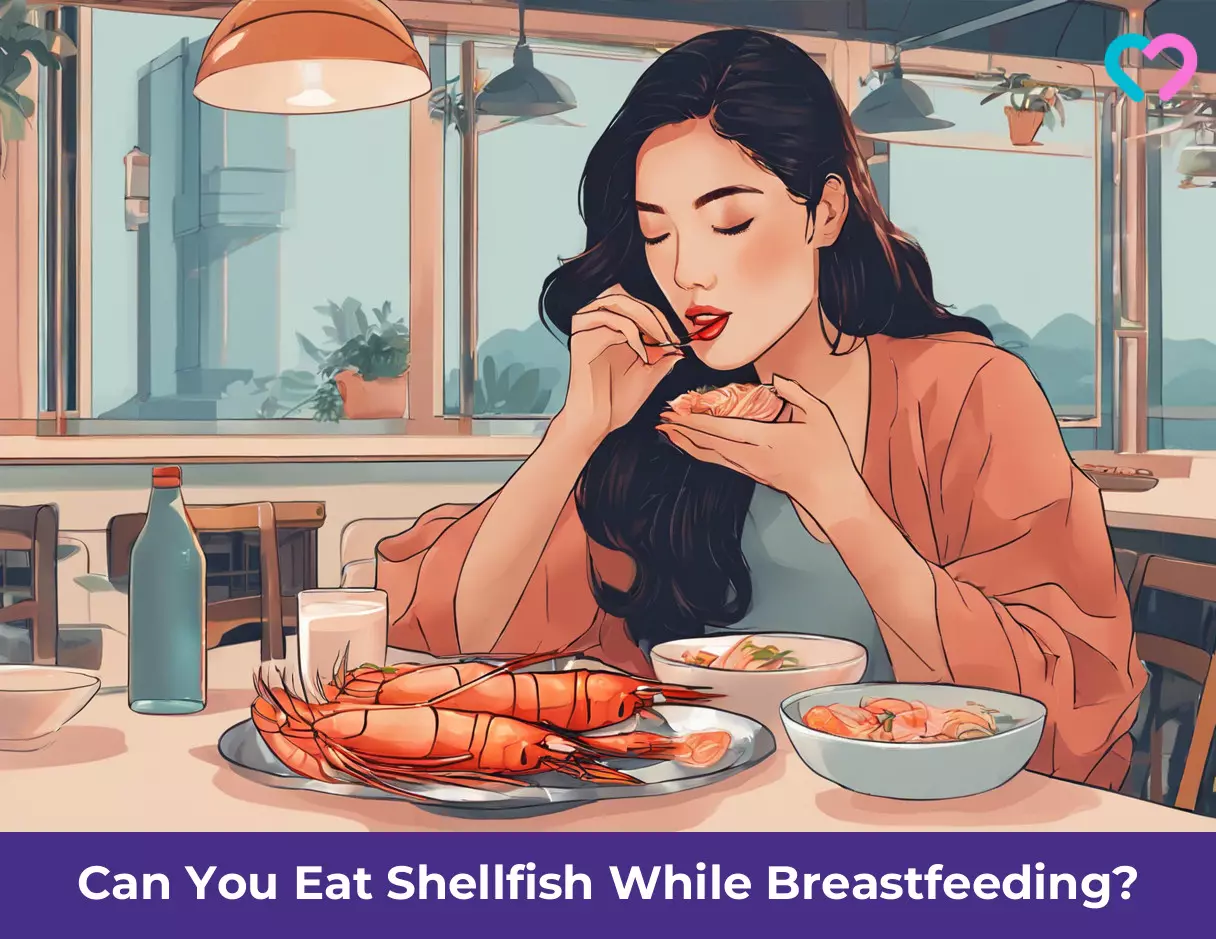
Image: Stable Diffusion/MomJunction Design Team
References
- Questions & Answers from the FDA/EPA Advice about Eating Fish for Those Who Might Become or Are Pregnant or Breastfeeding and Children Ages 1 to 11 Years.
https://www.fda.gov/food/consumers/questions-answers-fdaepa-advice-about-eating-fish-those-who-might-become-or-are-pregnant-or - Food Choices While Breastfeeding.
https://www.lllc.ca/food-choices-while-breastfeeding - Breastfeeding Nutrition.
https://americanpregnancy.org/healthy-pregnancy/breastfeeding/nutrition-during-breastfeeding/ - Shellfish and fish allergies.
https://www.betterhealth.vic.gov.au/health/conditionsandtreatments/shellfish-and-fish-allergies - Food introduction in infant with severe shellfish and fish allergy in mother.
https://www.aaaai.org/allergist-resources/ask-the-expert/answers/old-ask-the-experts/infant - Fish and shellfish.
https://www.nhs.uk/live-well/eat-well/food-types/fish-and-shellfish-nutrition/ - Amalie Moxness Reksten et al.; (2024); Exploring the nutrient composition of various shellfish available in Norway and their role in providing key nutrients.
https://www.sciencedirect.com/science/article/pii/S0889157524000371 - Ondine van de Rest et al.; (2012); B vitamins and n-3 fatty acids for brain development and function: review of human studies.
https://www.jstor.org/stable/48514610 - ADVICE ABOUT EATING FISH.
https://www.fda.gov/media/102331/download?attachment - Top 10 food for breastfeeding moms
https://news.sanfordhealth.org/womens/top-10-breastfeeding-superfoods/ - Shellfish Handling Storing and Cooking.
https://doh.wa.gov/community-and-environment/shellfish/recreational-shellfish/illness-prevention/handle-store-and-cook - Mercury and Breastfeeding.
https://www.cdc.gov/breastfeeding-special-circumstances/hcp/exposures/mercury.html - Infant Allergies and Food Sensitivities.
https://www.healthychildren.org/English/ages-stages/baby/breastfeeding/Pages/Infant-Allergies-and-Food-Sensitivities.aspx - Food allergies and breastfeeding.
https://llli.org/breastfeeding-info/allergies/ - Safe selection and handling of fish and shellfish.
https://www.foodsafety.gov/blog/safe-selection-and-handling-fish-and-shellfish
Community Experiences
Join the conversation and become a part of our nurturing community! Share your stories, experiences, and insights to connect with fellow parents.
Read full bio of Julie Matheney
Read full bio of Jessica Albert
Read full bio of Swati Patwal
Read full bio of Shinta Liz Sunny






